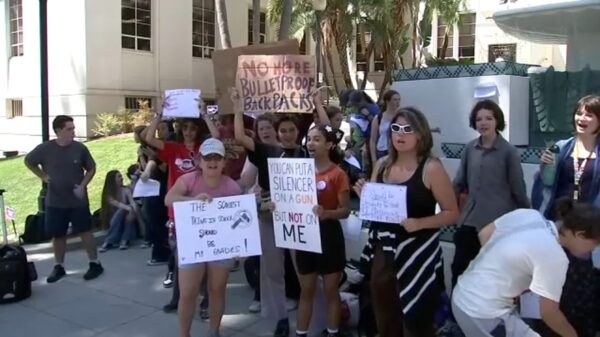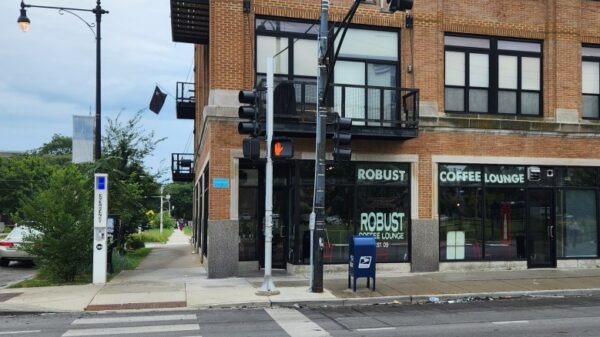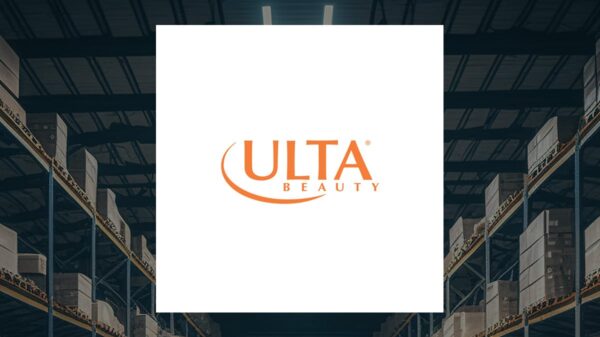UPDATE: The American Business Immigration Coalition (ABIC) is sounding the alarm over a critical shortage of 1 million workers in the U.S. labor market, urging immediate reform in immigration policy. This call comes as the Trump administration intensifies mass deportations, disrupting businesses across various sectors.
Rebecca Shi, executive director of ABIC, which represents 1,400 current and former CEOs, emphasized the urgent need for policy changes during an interview on Rapid Response. “We’re short about a million workers over the last four months,” Shi stated, highlighting how deportations and fears of deportation are driving many away from their jobs.
The latest jobs report indicates a paltry growth of 74,000 jobs in July, falling short of the 100,000 jobs needed monthly to sustain economic momentum. “If this trend continues, the economic cost could exceed 350 billion USD,” Shi warned.
The implications are vast. Businesses, especially in agriculture and service industries, rely heavily on immigrant labor. Shi pointed out that removing immigrant workers could lead to 2.5 million job losses among American workers, as the roles immigrants fill often complement those held by U.S.-born employees.
“Employers are starting to feel the heat,” Shi said, referencing recent immigration raids. A notable incident at a Nebraska meat processing plant involved the detainment of 90 workers, despite the company being E-Verify compliant. This raises questions about the effectiveness of current verification systems and the accountability of employers.
The ABIC is advocating for practical solutions, such as legal work permits, to allow immigrant workers to contribute without fear. Shi believes that the current political climate, while charged, could lead to necessary reforms. “The majority of Americans support steps forward for those who have earned legal status,” she stated, reflecting a shift in public sentiment.
A recent Gallup poll reveals that 79% of Americans now view immigration positively, the highest level since the pandemic began. This shift could provide political cover for Republicans and Democrats to collaborate on immigration reform, particularly as the 2026 elections approach.
As the nation grapples with these pressing issues, the economic stakes are higher than ever. “The work that immigrants do is critical,” Shi emphasized. “If we don’t address this, we may face inflationary pressures, including soaring food prices.”
The ABIC’s push for reform is not just about filling jobs—it’s about ensuring the economic stability of the entire country. As this situation develops, businesses and policymakers must act swiftly to prevent dire economic consequences.
What’s next? Employers and advocates will likely intensify their efforts as the September 5, 2025 deadline for the Fast Company’s Most Innovative Companies Awards approaches, signaling a pivotal moment for discussion on immigration reform.
Stay tuned as more updates unfold on this urgent matter affecting the U.S. economy.


































































